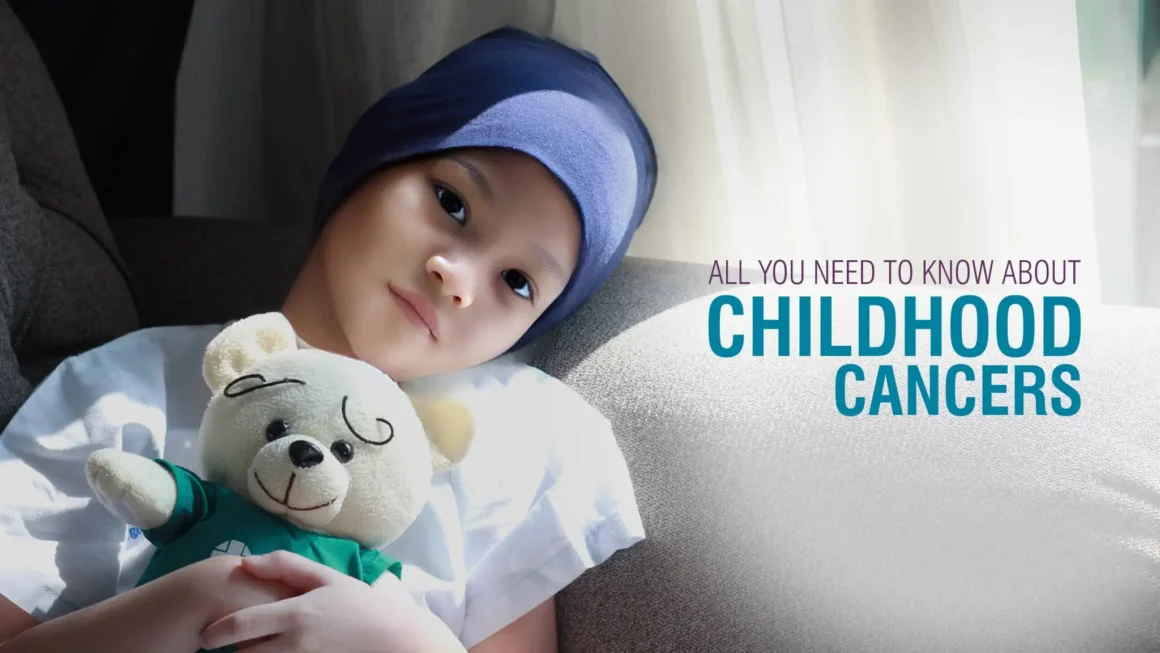New Delhi, September 07: India, with its vast population and diverse healthcare landscape. Faces significant challenges in providing comprehensive care to its citizens. One particularly vulnerable group is children battling cancer. While advancements in treatment have improved survival rates. A critical aspect often overlooked is the nutritional needs of these young patients. A recent report has shed light on the alarming rates of malnutrition among childhood cancer patients in India. Highlighting the urgent need for improved nutritional support.
The Impact of Malnutrition on Childhood Cancer Patients
Malnutrition, a state of nutritional deficiency, can have devastating consequences for children battling cancer. It can weaken the immune system, making patients more susceptible to infections and complications. Additionally, malnutrition can interfere with treatment effectiveness, reduce tolerance to chemotherapy and radiation therapy, and delay recovery. In severe cases, malnutrition can even lead to death.
Decoding 5 Factors That Contributes To Malnutrition
Several factors contribute to the high prevalence of malnutrition among childhood cancer patients in India:
1. Loss of Appetite: Cancer treatment, including chemotherapy and radiation therapy, can cause significant loss of appetite, leading to decreased food intake and weight loss.
2. Digestive Side Effects: Certain cancer treatments can cause digestive problems, such as nausea, vomiting, and diarrhea, further hindering a child’s ability to eat and absorb nutrients.
3. Lack of Nutritional Education: Many families may not be aware of the importance of nutrition for children with cancer or how to provide a balanced diet that meets their specific needs.
4. Healthcare System Challenges: The Indian healthcare system faces numerous challenges, including limited resources, inadequate infrastructure, and disparities in access to care. These factors can hinder the delivery of comprehensive nutritional support to childhood cancer patients.
5. Limited Access to Nutritious Food: Many families living in poverty struggle to provide their children with a balanced and nutritious diet. This is particularly challenging for families caring for a child with cancer, as the cost of treatment can be exorbitant.
Addressing the Nutritional Needs of Childhood Cancer Patients
To improve the outcomes of childhood cancer treatment in India, it is imperative to address the nutritional needs of these patients. Here are some key strategies:
1. Early Identification and Intervention: Healthcare providers should trained to recognize signs of malnutrition in children with this disease and intervene early to prevent severe consequences.
2. Nutritional Assessment and Counseling: Regular nutritional assessments should conducted to monitor patients’ nutritional status and identify any deficiencies. Nutritional counseling can provide families with guidance on appropriate diets and meal planning.
3. Feeding Tubes and Supplements: In cases where oral intake limited, feeding tubes or nutritional supplements may be necessary to ensure adequate nutrient intake.
4. Community-Based Programs: Community-based programs can provide support to families, including access to nutritious food, cooking demonstrations, and nutrition education.
5. Advocacy and Policy Change: Advocacy efforts needed to raise awareness of the importance of nutrition in childhood care and to advocate for policies that support improved access to nutritional services.
Read also – Japanese Man Sleeps Only 30 Minutes a Day to Extend good Health and Lifespan: Is It Really Healthy?
Malnutrition remains a significant challenge for childhood cancer patients in India. By addressing the underlying factors that contribute to malnutrition and implementing effective interventions, the countrymen can improve the outcomes of treatment and enhance the quality of life for these young patients.

